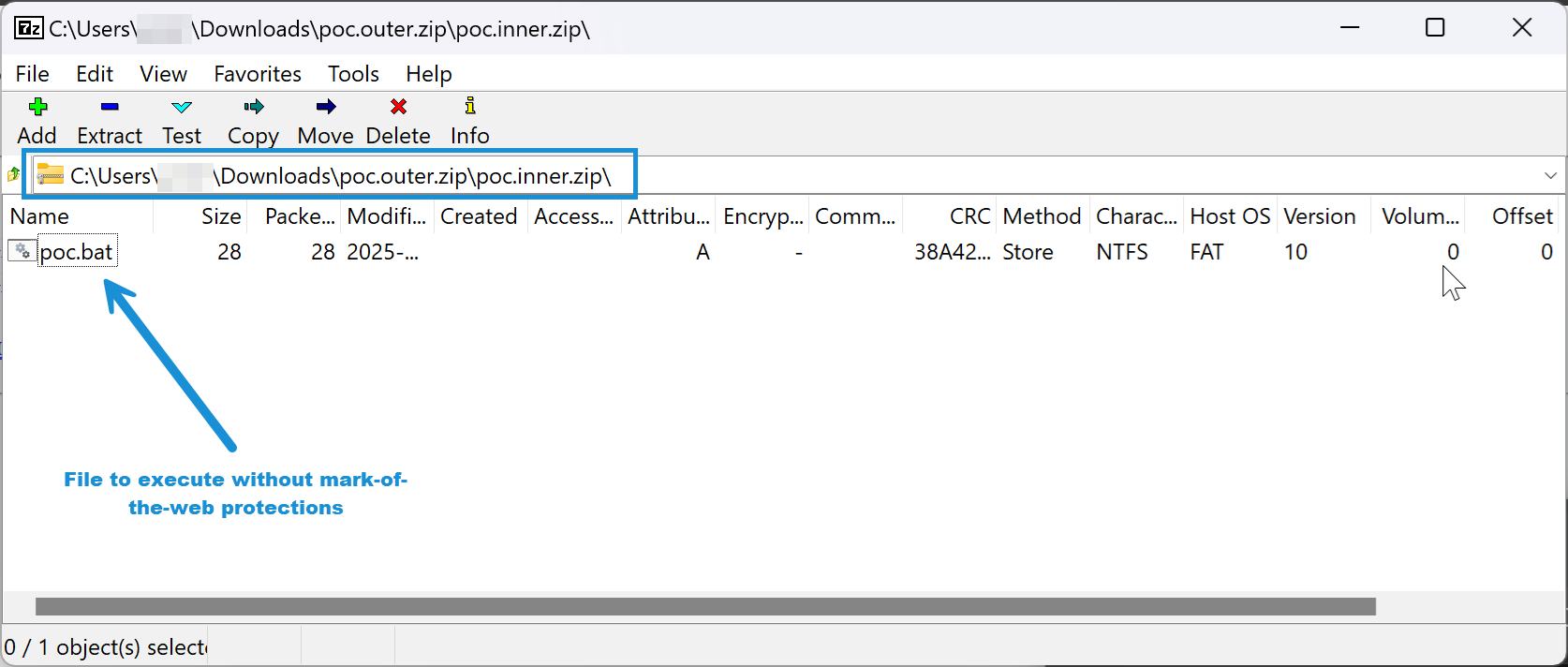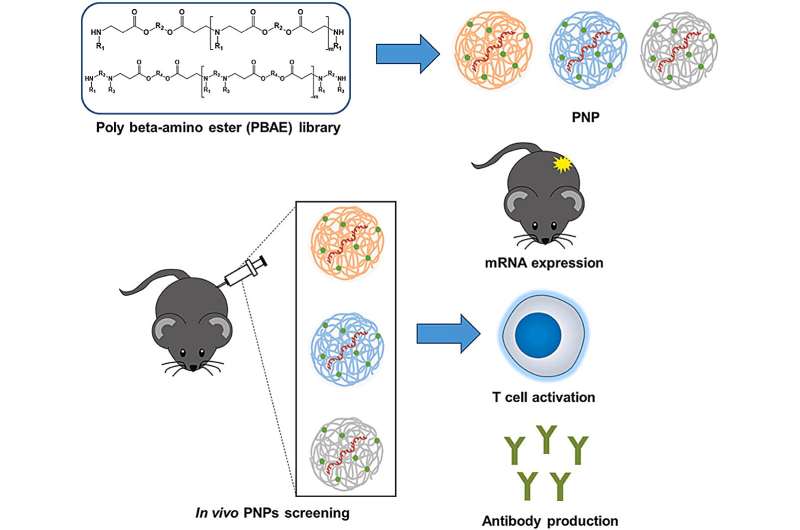The Securities and Exchange Board of India (SEBI) is likely to revisit norms issued for research analysts last month following concerns over their viability, according to sources.
Last week, senior SEBI officials met with the Association of Registered Research Analysts of India (ARRAI) as well as other groups of research analysts and heard their concerns. Following the discussions, the analysts have submitted detailed representations outlining the challenges posed by certain compliance requirements under the new regulations along with possible solutions.
The regulator is now reviewing these submissions and it will be taken up in the next board meeting, the sources said. “We can expect some improvements in the circular over the next 3-4 months,” one of the sources said.
Calls to the SEBI spokesperson and an e-mail produced no response.
This move comes as several individual and small research analysts have announced the closure of their businesses, citing the increased compliance as an obstacle in running a viable business.
Pain points
The revised regulations, issued in January, were intended to ease entry barriers by lowering eligibility criteria —from requiring post-graduation to accepting a graduation degree — relaxing the experience requirement, and allowing registrations for part-time analysts. The regulator also hoped to tackle the shrinking number of research analysts, as well as route investors through these registered entities rather than unregulated finfluencers, who have come under scrutiny lately for misleading investors.
However, SEBI has also introduced some pain points in an attempt to prevent duping of investors even by regulated entities. For example, it has disallowed the collection of fees for research services in advance for more than a quarter — upending the usual yearly fee collection model of several analysts.
Pranit Arora, Co-founder and CEO of Univest group, said the three-month advance payment restriction may impact the operational capabilities of research analysts. “Without the flexibility to collect fees for longer durations, research analysts might need to consider increasing prices by two to three times to maintain service quality, which could, in turn, affect clients,” he said.
KYC mandate
SEBI has also increased the compliance burden by mandating enhanced ‘know your customer’ (KYC) procedures and requiring detailed records of all client interactions, including phone recordings, emails, signed documents, SMS messages, and any other legally verifiable communications.
The representations made by analysts have suggested mandating KYC only for paying customers, since there are multiple instances of investors doing the KYC but not making the payment — putting the burden of those costs with the analysts.
While the added costs and efforts involved in client onboarding, benchmarking, validation, and auditing are still manageable, the “deal breaker” for Stalwart Advisors — which recently closed its research desk, Treasure Trove, after over a decade under the leadership of Jatin Khemani — was the fee collection restriction.
“The deal breaker for us is the risk of focus shifting to short-term activity in order to justify quarterly renewals, which is an unintended consequence,” he said. “We clearly understand that the big money is not in constant buying or selling, but waiting patiently for the right opportunities and then riding them.”
Another representation made by analysts was to atleast allow established, corporate research analysts to continue with the earlier model of advance fee collection. “The risk of a corporate stealing from investors is much lower as they are running a professional business, with their brand and credibility being at stake,” one of the sources said, citing the five-page document submitted to SEBI.
Arora explained that sustaining smooth operations requires investments in teams, infrastructure, and technology. “Activities such as company visits and comprehensive analyses require upfront capital,” he said, expressing optimism that SEBI will consider these operational aspects and address the concerns of research analysts.
However, several research analysts, including Neeraj Marathe’s Sentinel Research, Jiten Parmar and Niteen Dharmawat’s Aurum Capital, and Mystic Wealth among others, are already in the process of surrendering their licenses and shutting down their research operations due to the increased compliance burden.












